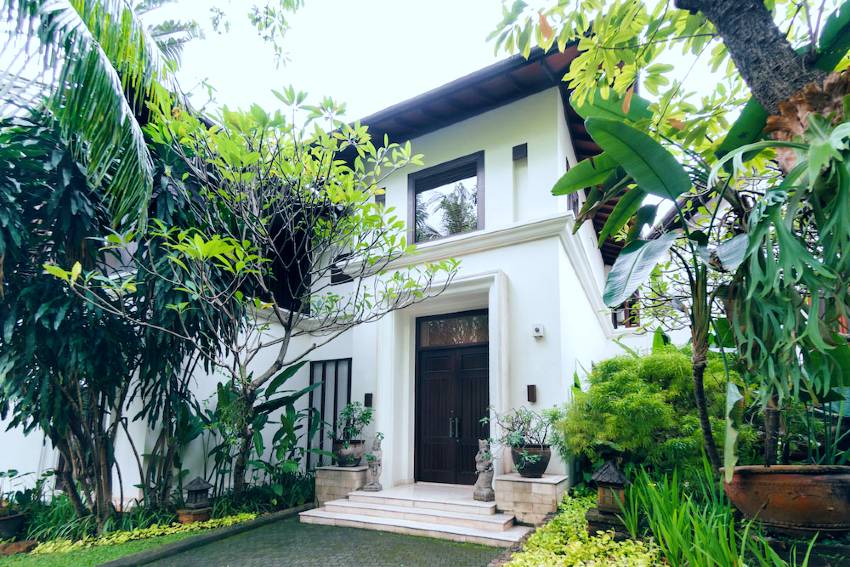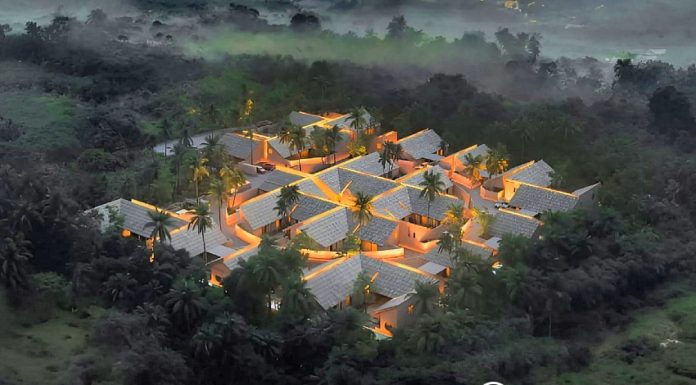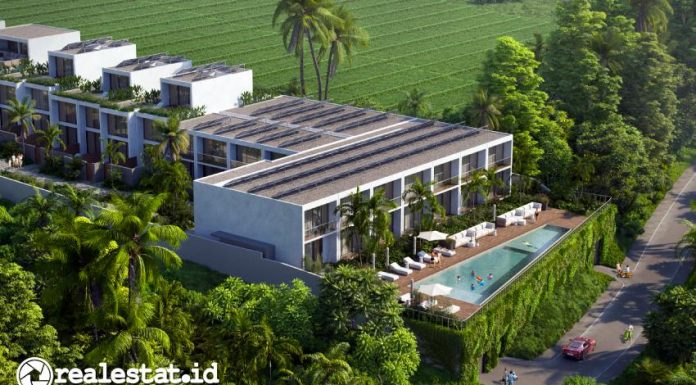RealEstat.id (Jakarta) - Most arriving expatriates are still from NGOs and Embassies as they still coming to Indonesia. For corporates, they are tending to postpone arrivals until H1 2022, as it is almost the end of the year.
According to survey conducted by Colliers Indonesia, most expatriates now come alone or in couples rather than bring their whole family as previously. Also, they come in smaller groups rather than in large groups. This is because their budget is still constrained and/or they still have concerns about the safety of their family.
Newcomers tend to stay in apartments as they do not need larger sized units. However, after staying for a period of time, many expats choose to move to larger size apartments or to houses. This is because they feel constrained in smaller-size apartments and cannot use all of the public facilities.
Read More: Property Investment in Indonesia: Wrap-up for 2021 and Opportunities in 2022
"Also, they can take the opportunity to rent larger units with the same budget as many landlords are offering discounts during the pandemic. As a result, many houses with rentals between USD3,000 and USD3,500 per month in preferred areas are already occupied," the survey said.
Furthermore, some places, such as Atmaya Residence and Executive Paradise, remain as the preferred residences and even have waiting lists. As a result, their rentals are starting to return to normal levels and the landlords becoming less flexible than before.
There are still some less popular places, such as units not in a complex and older houses. Tenants generally feel it is less safe to live there as they do not provide any security guards and, also, most expats prefer newer buildings.
Read More: Luxury Apartment Trends in Jakarta
The survey indicated many larger size houses with rentals of more than USD5,000 per month as also in lower demand as fewer families are arriving, so expatriates do not need larger houses.
As a result, many landlords of these type of houses have become more flexible on terms. Some are including service charges into the rental or allowing tenants to extend their contract for shorter periods, such as two to three months.
The direction of the market next year is still too hard to predict. As mentioned above, we are still waiting to see the effects of the Omicron variant. As a result, we are not sure about the arrival of expatriates nor the state of the market itself.
Read More: Adjusting Property Investment and Property Development During The Pandemic
We hope that the government can better facilitate the arrival of expatriates during these difficult times. Simpler immigration processes and more clear and certain regulations regarding quarantine will help.
However, one thing which will happen is the increase of VAT from 10% to 11% in April 2022 and to 12% in January 2025 at the latest. Several companies have been taking action by giving housing allowances instead of renting houses for their expatriates to avoid incurring more costs, especially if there are any services needed during their stay.






